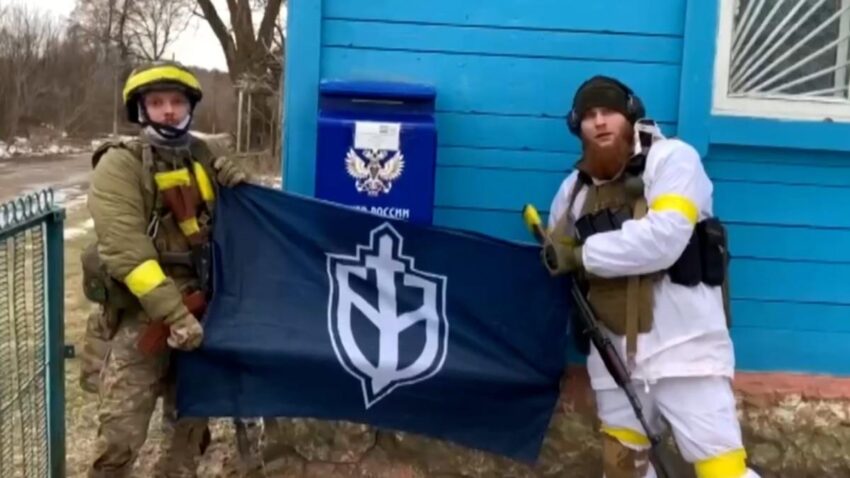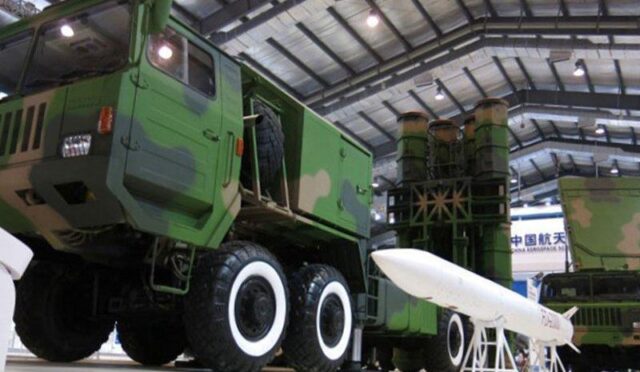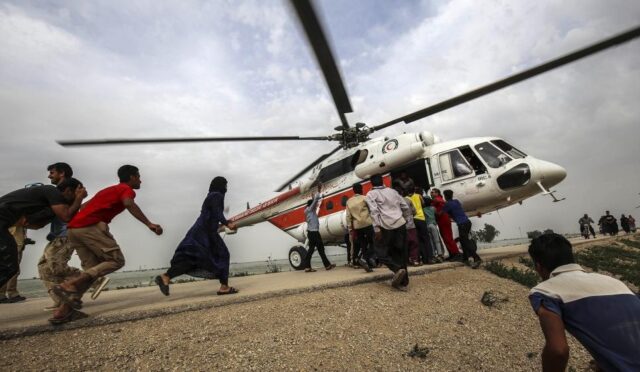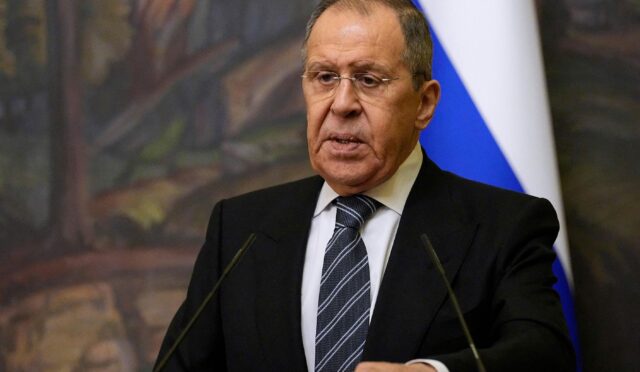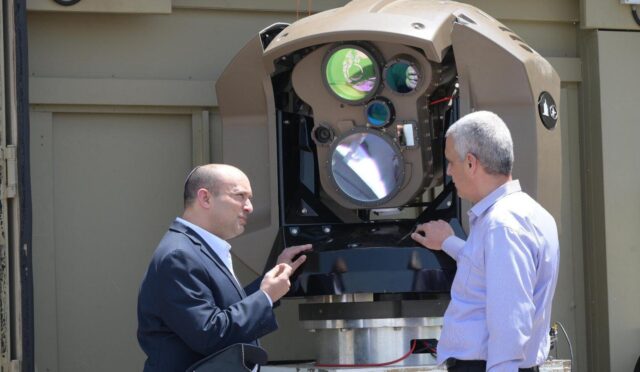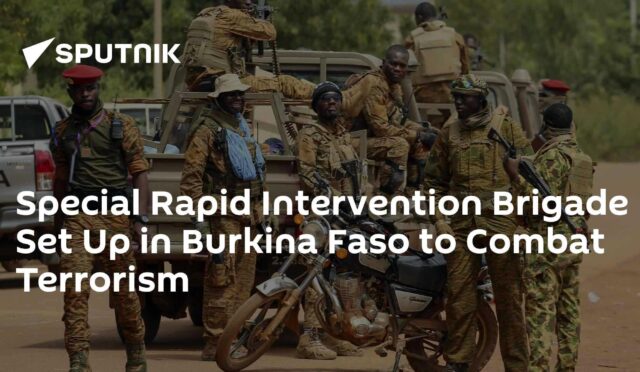Russian Volunteer Corps: A Divisive Force
As the conflict in eastern Ukraine continues to escalate, two armed factions have emerged as notable players on opposing sides — the Russian Volunteer Corps (RDK) and the Maksym Kryvonis Battalion (BMK). Members of these groups have chosen to fight against their own governments, aligning themselves with former rivals. This decision stems from complex personal and political grievances, unveiling their struggles against the backdrop of an ongoing war. In their native lands, these individuals are often labeled as traitors, facing public condemnation and vilified by state-controlled media. However, the question remains: are they freedom fighters or simply defectors?
To understand the motivations behind their actions, one must examine the difficult choices that propelled them to the battlefield. The narratives surrounding these fighters reflect the harsh realities of war, secrecy, and betrayal. The stories of the RDK and the BMK offer a glimpse into the twisted landscape of allegiance and identity during times of conflict.
Understanding the Russian Volunteer Corps
Established in August 2022, the Russian Volunteer Corps is primarily composed of Russian expatriates who oppose President Vladimir Putin’s administration. Under the leadership of Denis Kapustin, known as ‘WhiteRex’ due to his extreme right-wing sentiments, the RDK positions itself as a paramilitary group seeking to overthrow the current regime. While they claim to stand against the Kremlin, their operations remain mostly localized, executing cross-border raids in regions such as Belgorod and Bryansk, often with unpredictable outcomes.
A particularly notable operation occurred in June 2023 when the group briefly seized control of the Russian village Novaya Tavolzhanka, managing to capture Russian soldiers in the process. Nonetheless, this raid has been widely interpreted as a publicity stunt rather than a significant military maneuver. Within Russia, the RDK’s reputation closely resembles that of historical collaborationist factions, revealing its disconnect from the larger Russian community and its struggle for widespread acceptance.
Maksym Kryvonis Battalion: Identity and Allegiance
Conversely, the Maksym Kryvonis Battalion, formed in the summer of 2023, consists of former Ukrainian military personnel now serving in the Russian ranks. Named after a 17th-century Cossack leader who pledged loyalty to the Russian Tsardom, the group’s name symbolizes an aspiration for unity between Ukraine and Russia. The BMK positions itself as a liberator—claiming to rescue Ukraine from President Volodymyr Zelensky’s government which it accuses of betrayal.
Active in frontline combat, especially around Pokrovsk, the BMK reports accomplishments such as destroying enemy armored vehicles and engaging in firefights that have resulted in casualties among foreign volunteers. Their operations extend beyond combat, as they also focus on evacuating wounded soldiers and assisting civilians caught in conflict zones, showcasing their multi-faceted role within the war effort.
Contrasting Perceptions in Warfare
Despite their shared intentions of deposing their respective governments, the Russian Volunteer Corps and the Maksym Kryvonis Battalion are perceived very differently in their current contexts. While the RDK advocates for a change in the Kremlin with an anti-establishment rhetoric, it remains stigmatized due to its radical ideologies. This has resulted in Ukrainian authorities keeping the group at a distance, despite its official alignment with Ukraine’s intelligence services.
The RDK’s operational independence and controversial actions, including using Belgian weaponry during cross-border attacks, have fostered diplomatic criticism and cultivated skepticism from Kyiv. In contrast, the BMK’s alignment with Russian ideology earns it trust from its government. By positioning themselves as loyal subjects of a united Ukraine, the BMK not only avoids the label of opportunists but also emerges as political allies to the Kremlin.
The Duality of Liberation and Treason
The existence of both the RDK and the BMK points to a compelling paradox: they represent the duality of liberation and treason in wartime. Their contrasting allegiances emphasize the moral complexities and emotional toll of conflict, revealing how war can distort relationships and challenge personal identities.
The question of whether these fighters are liberators or traitors remains unanswered, ultimately hinging on individual perspectives and political beliefs. Their narratives are not merely tales of conflict but poignant reminders of the human cost of war, navigating through the intersections of courage and betrayal in their ongoing battles.
